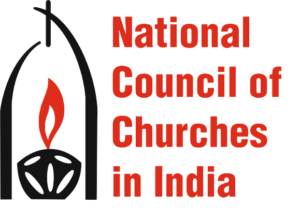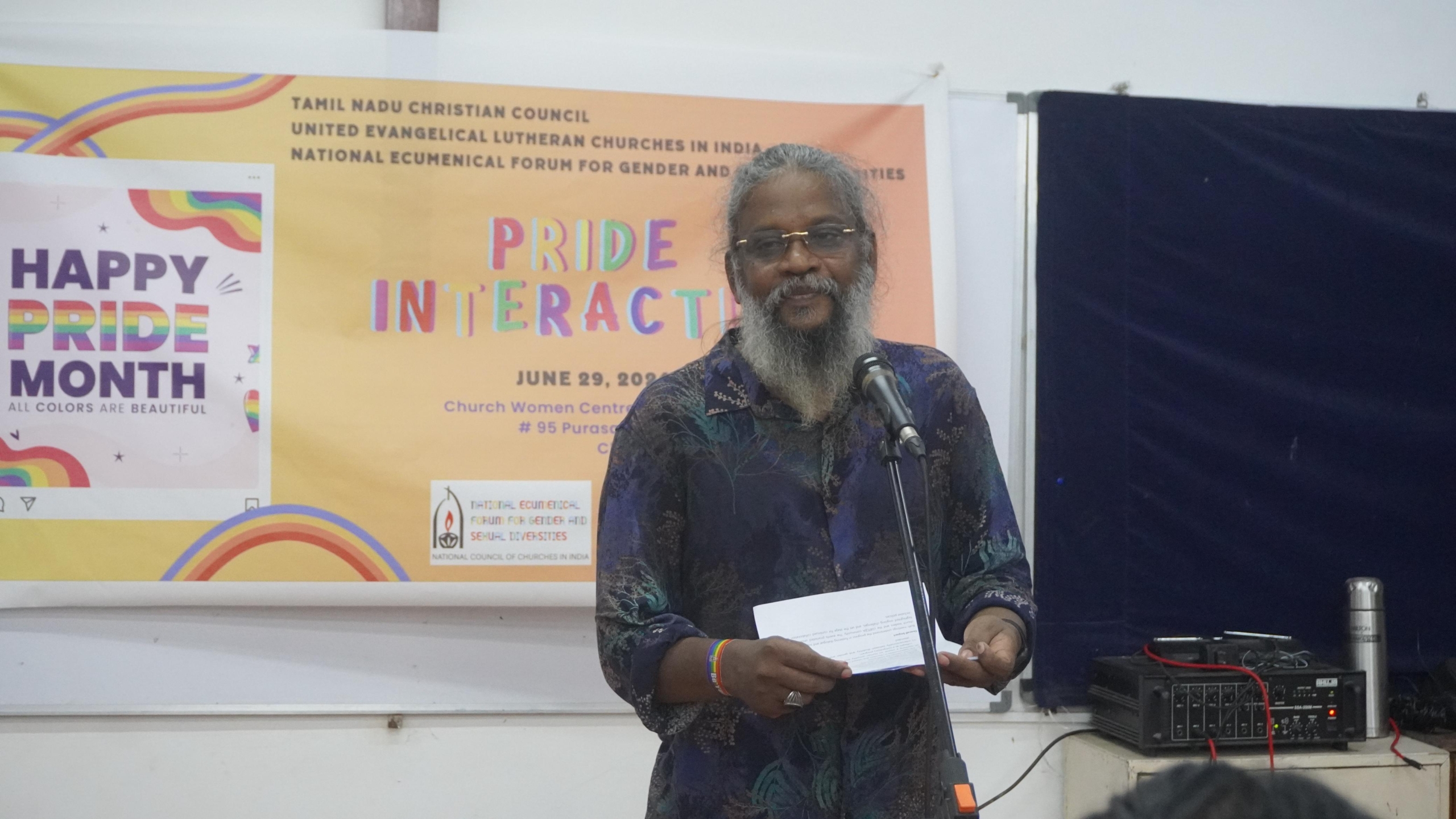On August 10th this year, as in previous years, Christians across the country observe the National Day of Prayer and Protest. On this day Christians seek to highlight and protest the denial of the fundamental constitutional rights to a section of them because they decided to embrace Christianity as a religion of their choice.
When India became a Republic, we resolved as a nation to secure Justice, Equality, Liberty and Dignity for all our citizens. Members of castes worst affected from centuries of social oppression, the Scheduled Castes (SCs), were constitutionally assured special protection and affirmative benefits. These measures are necessary to help them overcome the effect of centuries of discrimination and oppression. Unfortunately these fundamental rights have been denied to the Dalit communities converted to Christianity and Islam through the Presidential (Scheduled Castes) Order 1950, even though this privilege was extended in 1956 to Sikhs and in 1990 to Buddhists of dalit origin. Dalit Christians and Dalit Muslims continue to be kept outside this privilege.
Approximately 70% of the Christian population in India are from Scheduled Castes background. Dalit Christians have a unique history of faith experiences because of their caste identity. They embraced Christianity as a faith affirmation against caste slavery and these experiences vary according to regional contexts. It is not only common knowledge but also borne out of numerous extensive research studies that the Dalits are unfortunately still identified first by their caste by a large section of the Indian society. All their other identities, arising from their religious, regional, linguistic and other affiliations are secondary identities that do nothing to displace the severity of the caste-based discrimination and violence that they suffer.
Followed by the decades long mass struggles and advocacy initiatives, finally a Writ Petition (180/2004) was filed in the Supreme Court of India by the Centre for Public Interest Litigation challenging the Presidential (Scheduled Castes) Order, 1950. The Writ Petition is also looking for justice from the apex court to allow and extend the Scheduled Caste status to Christians of Scheduled Caste origin for availing special privilege in education, getting scholarships, employment opportunity, welfare measures, affirmative actions, right to contest in the reserved constituencies from panchayat, legislative assemblies up to the Parliament and for availing the legal remedy/protection under Scheduled Castes and Scheduled tribes (Prevention) of Atrocities Act, 1989 amended in the year 2018.
On January 7th 2020, The Supreme Court agreed to examine the plea filed by Adv. Franklin Caesar Thomas that Dalit Christians or Christians of Scheduled Castes origin should enjoy the same quota benefits reserved for Scheduled Castes. The Civil Writ petition is pending before the Hon’ble Court for further hearing. The Supreme Court has a monumental opportunity now to render justice to millions of Dalit Christians and Dalit Muslims who continue to suffer from social stigma and the horrors of untouchability.
In October 2022, the Central Government appointed the Justice K.G. Balakrishnan Commission to examine the Scheduled Caste status for Dalit Christians and Muslims, with a mandate to report back in two years. On May 30th and 31st, 2023, the Church of South India conducted a public hearing in Chennai, titled “A Cry for Justice.” This event focused on Christians of Scheduled Caste origin and documented the discrimination they faced within churches and society throughout Southern India. The NCDC, in collaboration with the NCCI and CBCI, organised conclaves across India on the topic of extending Scheduled Caste status to Dalit Christians and Dalit Muslims The findings are to be filed before the Justice Balakrishnan Commission.
Meanwhile in the Supreme Court all petitioners were instructed to combine their filings, with Advocate Gauthaman appointed to oversee the process. Despite these actions, the case was listed but has not yet been heard and remains pending. The 74 years of struggle for justice should be supported by the people who believe in equality and democracy. We await Justice with earnest faith in God.
A Prayer and Protest session is organised in Jantar Mantar, New Delhi on 10th August 2024 from 10 AM to 1PM along with the Catholic Bishops Conference of India (CBCI) and the National Council of Dalit Christians (NCDC). Elsewhere in the Country, Christians and Churches will join together locally for sessions of prayer and protest on the same day.
Rev. Asir Ebenezer
General Secretary
August 2024



















